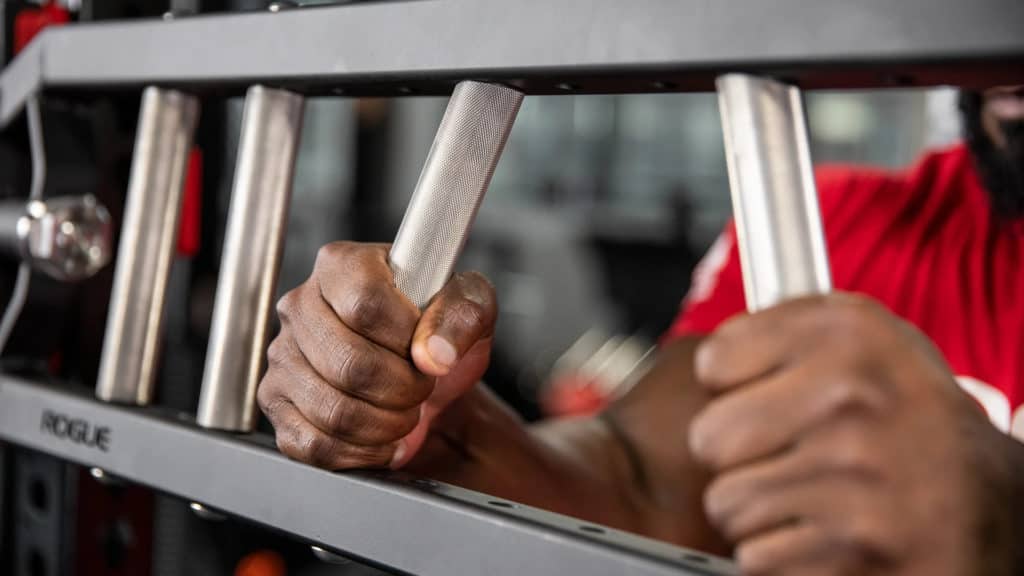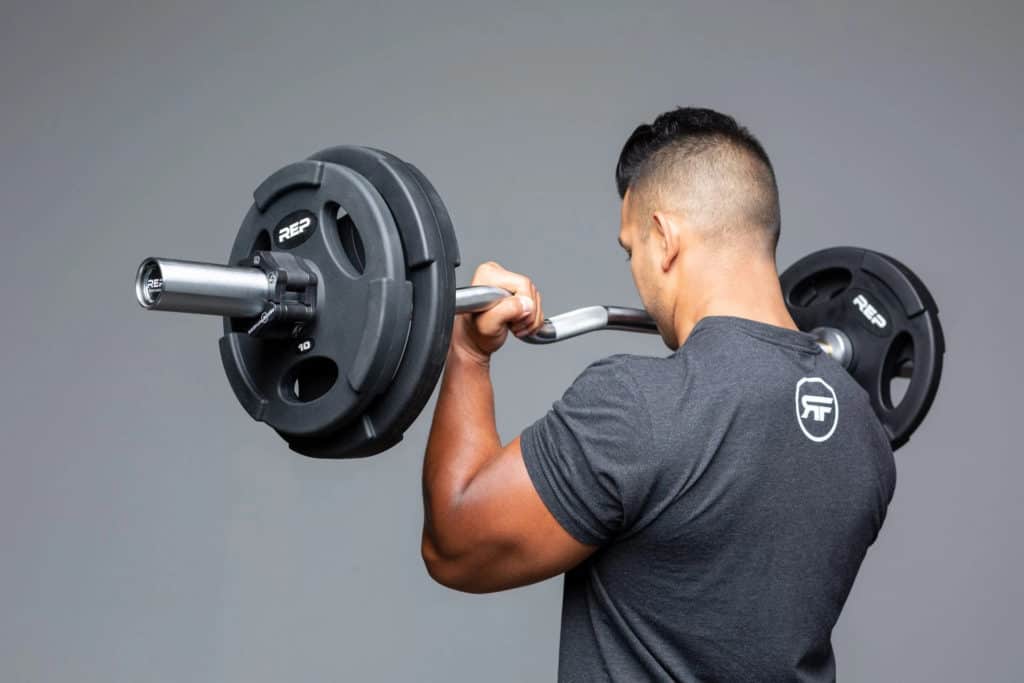A new research study[2] shows that those with relatively weak handgrip strength showed signs of accelerated aging of their DNA. Grip strength is a reliable marker of general muscle quality and strength. Those with weak handgrip have genes that appear to be growing old faster than those with greater strength.

What was the Goal of the Research Study?
The goal of this study was to resolve whether grip strength was associated with measures of DNA methylation (DNAm) age acceleration. There is huge evidence linking muscular weakness, as defined by low grip strength, to a host of negative aging-related health results. Given these links, grip strength has been labeled a ‘biomarker of aging’, but the pathways connecting grip strength to negative health consequences are ambiguous.
What were the Research Methods of the Study?
The researchers gathered records from 1,275 participants of an ongoing study of aging who had already given blood tests and used a squeezable device called a hand dynamometer to measure their grip strength. Middle age and older adults from the 2006 to 2008 waves of the Health and Retirement Study with 8–10 years of follow-up were included. The researchers then determined everyone’s approximate epigenetic age from their blood cells using three different clocks.
Cross-sectional and longitudinal regression modeling was conducted to study the association between normalized grip strength (NGS) and three measures of DNAm age acceleration, adjusting for cell composition, sociodemographic variables, and smoking. Longitudinal modeling was also performed to analyze the relationship between the change in absolute grip strength and DNAm age acceleration. The three DNAm clocks utilized for calculating age acceleration include the established DunedinPoAm, PhenoAge, and GrimAge clocks.
What were the Results and Conclusions of the Findings?
Greater grip strength was conversely linked with DNAm age acceleration for the unadjusted cross-sectional analyses. There was a statistically active association between NGS and DunedinPoAm, PhenoAgeAA, and GrimAgeAAfor men. On the other hand, there was a statistically significant association between NGS and DunedinPoAm only for women. The researchers found out that the weaker the grip strength was, the higher the epigenetic age. Their DNA seemed less youthful, leaving them possibly more susceptible to earlier illness or death.
Though the study shows that people with frailer muscles are also people with elevated epigenetic age, it can’t prove that weakness directly caused anyone’s accelerated aging because other aspects might be at play, such as income, diet, medical history, or lifestyle. “But even with its limitations, the study’s results are provocative, suggesting that our muscular oomph — or its opposite — may influence our epigenomes and, in the process, how fast and well we age,” Peterson said.

Recommendations for Fitness Trainees Based on the Research
If your grip is weak, you can strengthen your grip by getting stronger, in general—not just your hands. Most of us don’t need to parse our precise grip strength to realize we could benefit from more strength training. “The usual exercise pyramids, showing how much exercise you need, put strength training at the top,” Peterson said, “as if it’s the part you need the least of. But strength should be at the bottom, I think, at the base. It’s foundational to health.” It is recommended to try some bodyweight or strength training to alter the age of your epigenome, as well as the brawn of your biceps.
References
1. “What grip strength can tell you about how well you’re aging”
2. “Grip strength is inversely associated with DNA methylation age acceleration”

